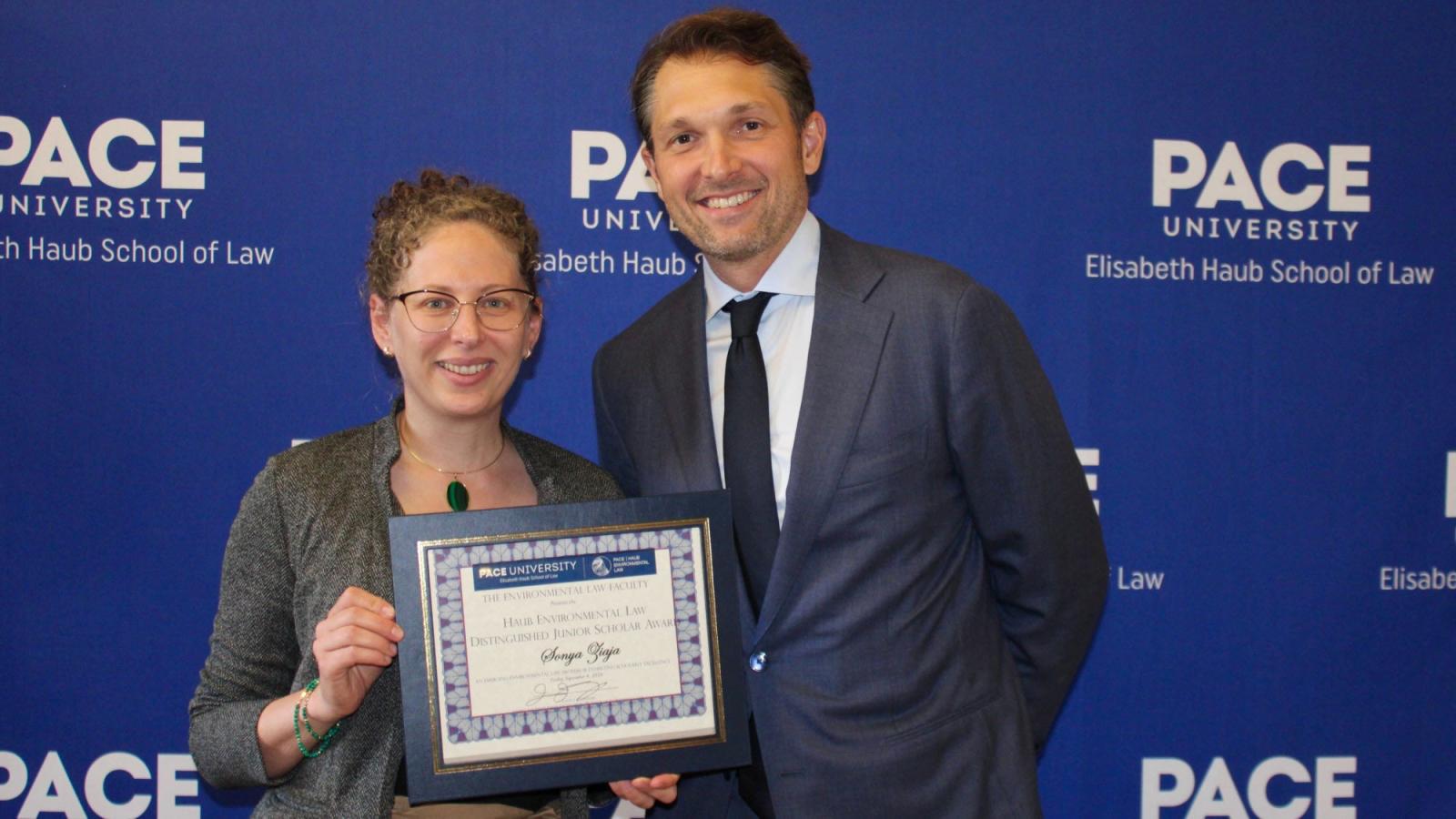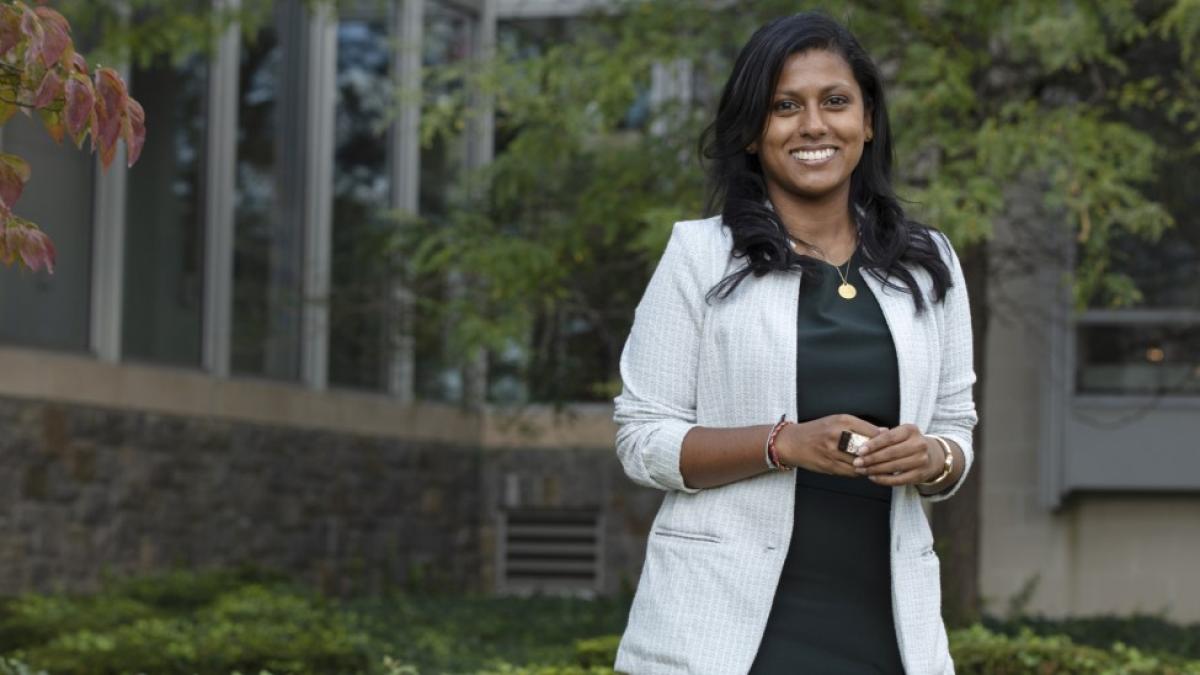The Elisabeth Haub School of Law at Pace University is proud to announce that Samuel Carvalho has been selected to serve as the new Pace Energy and Climate Center Graduate Fellow. This position is reserved for outstanding Pace Haub Law students who demonstrate exceptional academic and research skills, as well as a strong commitment to climate change and energy law.
Elisabeth Haub School of Law at Pace University Hosts Eleventh Annual Future Environmental Law Professors Workshop

On September 6, 2024, the Elisabeth Haub School of Law at Pace University hosted the eleventh annual Future Environmental Law Professors Workshop. The prestigious annual workshop is designed for Visiting Assistant Professors, Fellows, Researchers, Law Clerks, Practitioners, and others, including current students, who are currently, plan to go on, or are considering the academic teaching market in the areas of environmental law, natural resources law, food and agriculture law, energy law, land use planning, and/or ocean and coastal resources law.
“This full-day workshop allows participants who have the shared goal of entering the environmental law academic teaching market to learn from established environmental academics,” said Jason Czarnezki, Gilbert and Sarah Kerlin Distinguished Professor of Environmental Law and Associate Dean of Environmental Law Programs and Strategic Initiatives. “Pace | Haub Law has established itself as the premier environmental law program and this workshop allows participants an opportunity to gain an insider’s view into establishing themselves in the environmental academic field.” During the course of the workshop, participants received advice on the environmental law teaching market, obtained an insider’s view on the appointments process from faculty with extensive hiring experience, learned about the history and future of environmental law in law schools, participated in a mock AALS interview and gained feedback from environmental law professors, and presented work to future colleagues in the environmental law academy through mock job talks.
This year’s workshop kicked off with introductory remarks by Associate Dean and Professor of Law Jason Czarnezki, followed by a panel discussion on “Navigating the Environmental Law Professor Job Market Post Pandemic,” and mock interviews. The afternoon sessions included several timely topics, case studies, and discussions. Each year, the workshop also features a keynote lunch address featuring a noted environmental academic. This year’s keynote address, “A qualitative empirical assessment of whether and how environmental constitutional rights matter to state natural resource managers,” was delivered by Sonya Ziaja, an Assistant Professor at the University of Baltimore School of Law. Professor Ziaja was also recently selected to receive the 2024–2025 Pace |Haub Environmental Law Distinguished Junior Scholar Award.
The workshop concluded with an evening reception co-sponsored by Pace | Haub Environmental Law and the Early Environmental Law Scholars (EELS) and served as the opening reception for the inaugural annual conference of EELS, an organization seeking to foster community building, idea exchange, and professional development for emerging scholars in the field.


